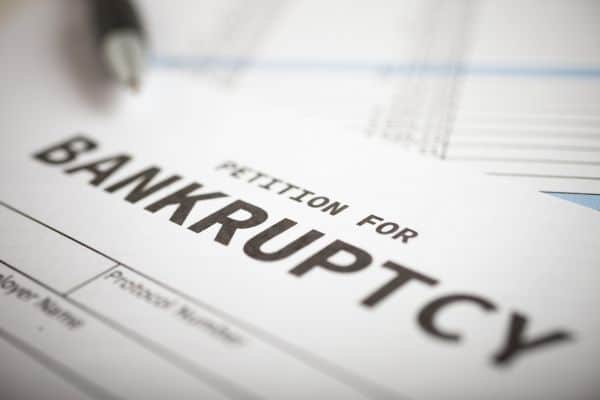Occasionally we get the question of what effects filing for bankruptcy has on the property foreclosure process in the state of Arizona. It’s something of a complicated issue, and one that requires consultation with an attorney on a case-by-case basis. But there are some general effects we can get into. Bankruptcy effectively halts a lender’s debt collection efforts made against the person or entity that has filed for it. Yes, this does include foreclosure. Section 524(a)(2) of the Bankruptcy code creates a discharge injuction—effectively an “automatic stay” that prevents any attempts at repossession, collection, or foreclosure from proceeding beyond the point in the process at which they stand when bankruptcy is filed until the bankruptcy process has run its course. At times a lender may find it beneficial to come up with some sort of compromise so as not to lose all of the money owed on the mortgage and simultaneously incur the costs associated with foreclosure and resale.
Indeed, a lender may even be able to come to an agreement that allows the bankruptcy to go through—since bankruptcy also allows unsecured debt to be discharged. This means the filer would no longer be required to make payments on these debts, and it can serve to reorganize debts into a payment that the filer might be more capable of managing given their real-world income and assets. Both of these “benefits” of bankruptcy can be of aid to a lender by freeing up the debtor’s assets so they can more easily afford to continue with their mortgage payments.
Still, it must be said, a bankruptcy may stall the foreclosure process, but it by no means permits a filer to both keep a property and cease payments on that property. If the foreclosure goes through without an agreement, the home becomes the property of the creditor again—and the filer must find a new place to live.
If you have any questions about bankruptcy and real property, contact our office today to schedule a consultation with one of our real estate or bankruptcy lawyers. Provident Law’s real estate attorneys represent parties on either side of real estate and financing transactions, including lenders, borrowers, buyers, sellers, landlords, tenants, trustees, guarantors, shareholders, partners, and others. We structure, negotiate and document a variety of real estate and financing transactions, such as leases, purchase and sale agreements, loans and development agreements for a variety of commercial and residential projects. Contact us for more details.
Christopher J. Charles is the founder and Managing Partner of Provident Law®. He is a State Bar Certified Real Estate Specialist and a former “Broker Hotline Attorney” for the Arizona Association of REALTORS® (the “AAR”). Mr. Charles holds the AV® Preeminent Rating by the Martindale-Hubbell Peer Review Ratings system which connotes the highest possible rating in both legal ability and ethical standards. He serves as an Arbitrator and Mediator for the AAR regarding real estate disputes; and he served on the State Bar of Arizona’s Civil Jury Instructions Committee where he helped draft the Agency Instructions and the Residential Landlord/Tenant Eviction Jury Instructions.
Christopher is a licensed Real Estate Instructor and he teaches continuing education classes at the Arizona School of Real Estate and Business. He can be reached at Chris@ProvidentLawyers.com or at 480-388-3343.


